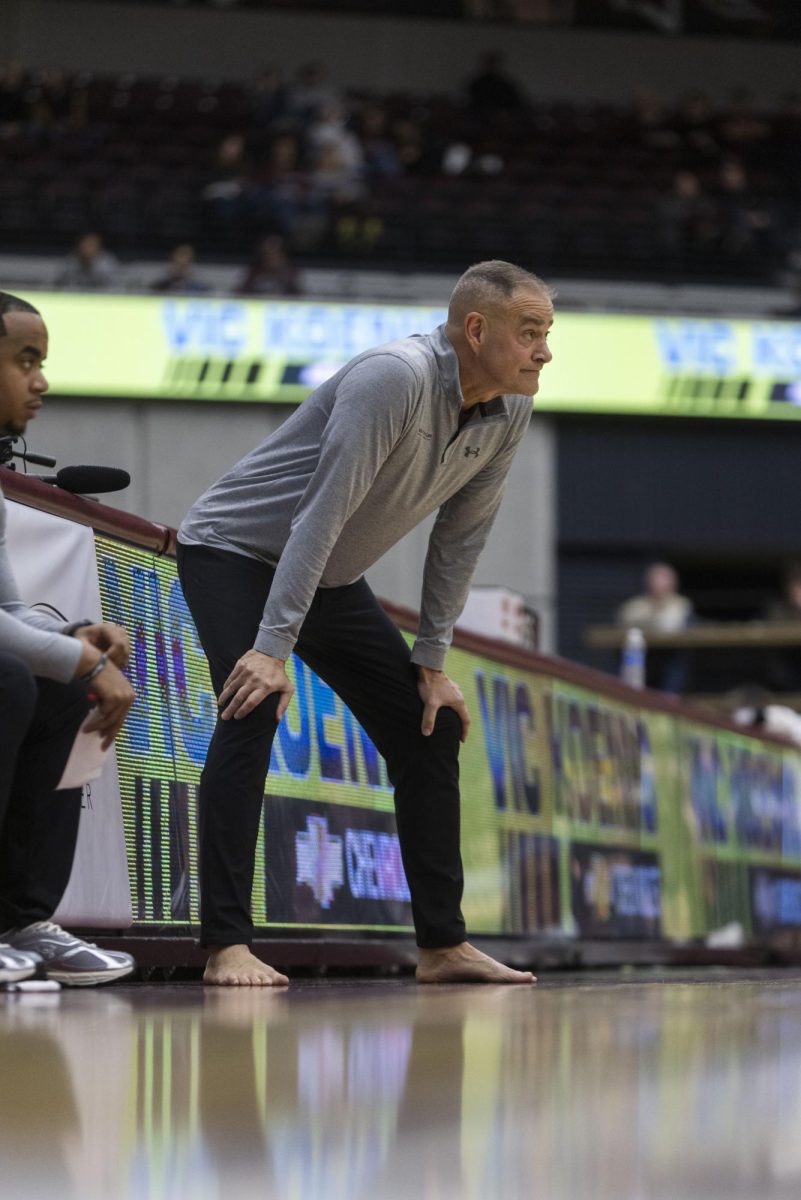Bursar limit change does not show ‘major impact’ on retention, university officials say

Daily Egyptian file photo
February 3, 2016
The university reverted to a policy on bursar holds last semester that some feared would prevent low-income students from registering this spring.
Students registering for spring classes can owe just $200 — that amount used to be $1,000. The bursar’s office changed the policy to keep students from falling too far in debt while attending college, university spokeswoman Rae Goldsmith said at the time. She said policy change mirrors federal financial aid guidelines.
A Freedom of Information Act request filed by the Daily Egyptian in January revealed the university does not keep record of bursar holds from previous years because “the list is constantly changing as students reduce or increase their outstanding balances.”
Advertisement
But the policy change did not have “major impact” on retention this year, Goldsmith said. Still, there isn’t a specific dataset to track the impact, if any, the policy change had.
Enrollment at the university dropped by 878 students from spring 2015 to this spring. The retention rate for graduate students fell 12 percent — a loss of 420 students — and the spring undergraduate class has 263 students fewer, including students who graduated in December.
As of Monday, 515 students did not enroll in spring courses because of bursar holds on their accounts. Of those students, 428 owed SIU more than $1,000 and 88 owed between $200 and $1,000.
“We reached out to a lot of [the students who owed less than $1,000] and most of them weren’t planning to come back,” Goldsmith said.
During the fall, the Graduate and Professional Student Council created a fund to help graduate students pay down their bursar bills to enroll in the spring semester. The organization allocated $3,000 to 14 applicants who were planning to graduate after spring and who met the amount available for GPSC to spend.
Twelve of the 88 students who did not return this semester and owed less than $1,000 were in a graduate program.
“Our first priority was helping as many students as we could and prioritizing the students who were going to be graduating this semester,” Brandon Woudenberg, GPSC’s president, said.
Advertisement*
Bill Lukitsch can be contacted at [email protected] or 618-536-3329.
Advertisement







